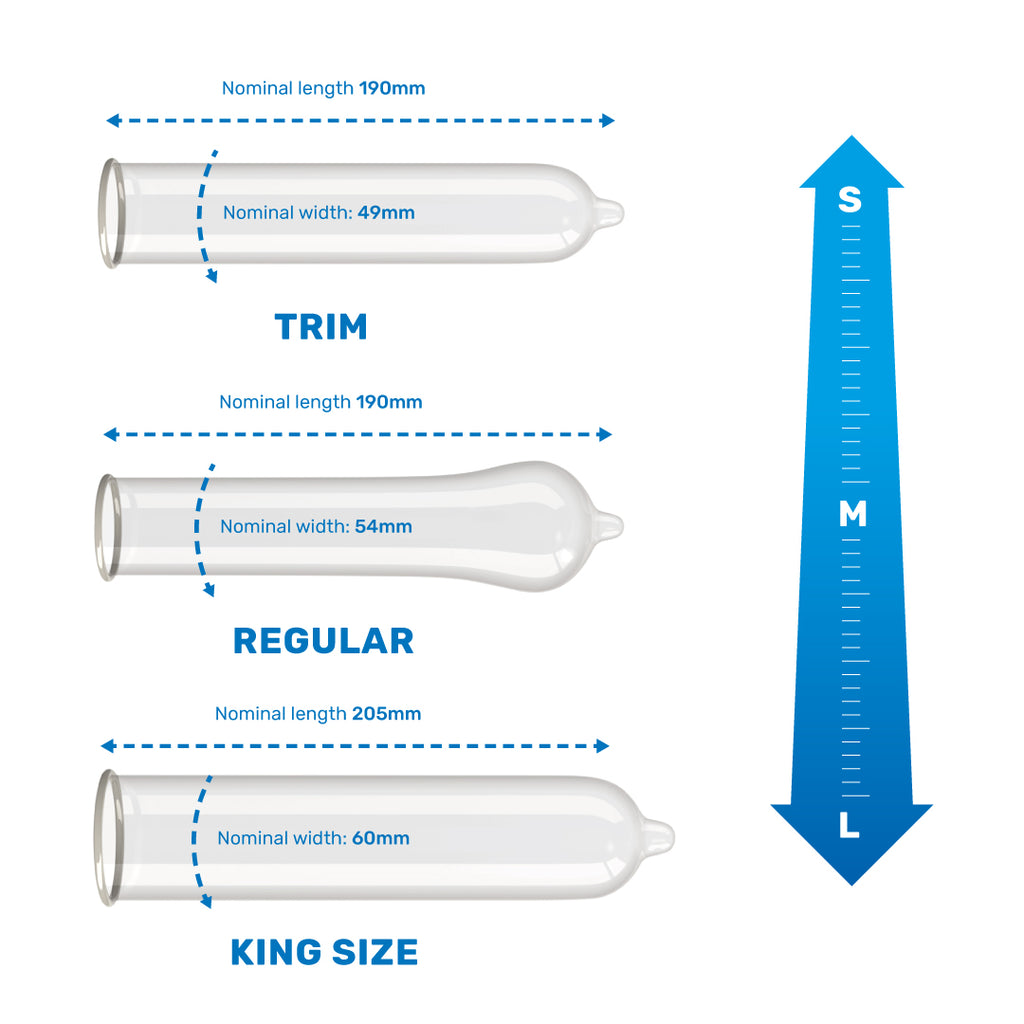
Men’s Health Week: Erectile Problems
Therefore this Men’s Health Week, we thought we’d take a look at three of the main erectile problems; Erectile Dysfunction, Premature Ejaculation and Male Orgasmic Disorder, the symptoms behind these conditions, how they are diagnosed, how they are treated and the link between sexually transmitted infections and erectile problems.
Erectile dysfunction
Erectile dysfunction is the inability to have or maintain an erection sufficient enough for sexual activity. Many men occasionally find it difficult to get an erection, due to various reasons, however if it happens regularly, it could be due to physical or emotional factors. Erectile dysfunction is one of the most common erectile problems that doctors diagnose and treat. The National Institute for Health Care and Excellence (NICE) estimates that by 2025, 322 million men will suffer from erectile dysfunction worldwide.What are the symptoms?
The main symptoms associated with erectile dysfunction are trouble getting an erection, keeping an erection or reduced sexual desire.Causes of erectile dysfunction
Erectile dysfunction can occur at any age, however as you get older, your risk increases due to other contributing factors. These risk factors include;- Those over 40 years old
- Diabetes
- High blood pressure
- Smoking
- Cardiovascular disease
- High cholesterol
- Obesity
- Drugs or alcohol
- Anxiety or depression or other mental health conditions
- Stress
- Relationship problems
- Sexually transmitted infections, such as Chlamydia, Gonorrhoea and HIV
How is it diagnosed?
Erectile dysfunction is usually diagnosed by a doctor who will perform a physical exam and ask basic questions about your medical history and health.How is it treated?
Erectile Dysfunction is usually treated depending on the cause.Viagra is often used by doctors to treat erectile dysfunction and can also be purchased over the counter at a pharmacy.
Other treatments may include; self-injection into the base of the penis, suppository inserted inside the penile urethra, or a penis pump.
Premature ejaculation
Premature ejaculation occurs when the male is unable to delay orgasm and ejaculates too quickly during sexual intercourse. It’s the most common ejaculation problem. All men can experience premature ejaculation occasionally, however if it happens 50% of the time - it might help to get treatment.
What are the symptoms?The main symptoms of premature ejaculation is the inability to delay ejaculation for more than one minute after penetration or masturbation. However, this is only a rough estimate, so if premature ejaculation is causing you difficulties, then it might be a good idea to seek treatment.
Causes of premature ejaculation
The exact cause of premature ejaculation is unknown, however, there are various physical and psychological factors that are thought to cause this condition.
- Prostate problems
- Thyroid problems
- Recreational drugs
- Depression
- Anxiety over sexual performance
- Early sexual experiences
- Sexually transmitted infection, for instance Chlamydia is associated with higher risk of developing premature ejaculation
How is it diagnosed?
First, your doctor will ask a series of questions, for instance; how long you have had problems with premature ejaculation, when it occurs, how often, does it happen during masturbation?. The doctor will also ask about any health conditions or medicines you may be taking.
How is it treated?
Things to try at home;
- Masturbate 1-2 hours before having sex.
- Use delay condoms that contain non-spermicidal Lidocaine Hydrochloride (1%) lubricant which may delay male climax.
- Have sex with your partner on top so they can pull away when you are close to ejaculating.
- Start and stop method - when you are close to orgasm, ask your partner to stop the stimulation for about 30 seconds, or until you have regained control. Repeat this approach 3-4 times before allowing yourself to orgasm.
- Distracted thinking - Focus on something that is ordinary and uninteresting during sex.
Medication,
Selective serotonin reuptake inhibitors (SSRIs) are mainly used to treat depression, however they can also help to delay ejaculation. They’re often taken a few hours before sex, but only once a day.
Male orgasmic disorder
Male orgasmic disorder, or delayed ejaculation is experiencing a significant delay in reaching orgasm, or the inability to have an orgasm at all through sexual intercourse. In some cases, orgasm can only be achieved through masturbation or oral sex. It can come on suddenly after never experiencing it, or for some people they may have always had it. What are the symptoms?
The symptoms of male orgasmic disorder is experiencing a long delay before orgasm, for instance; 30-60 minutes or the inability to ejaculate half the times you have sex.
Causes of orgasmic disorder
Orgasmic disorder can be caused by both physical and psychological conditions. Here are a few common causes;
- Stress or depression
- Relationship problems
- Diabetes - primary type 1
- Increasing age
- Multiple sclerosis
- Surgery to the bladder or prostate
- Medication
How is it diagnosed?
The doctor will perform an examination and ask questions about your medical history. If they suspect it may be due to a medical condition, they may also request a blood test or further testing.
How is it treated?
Sex therapy may be offered, which is a type of counselling that focuses on any emotional or psychological difficulties that may be causing delayed ejaculation. The therapist may recommend strategies to try while having sex with your partner.
Medication may also be offered - three common medications that are prescribed are;
- Amantadine – Originally used to treat viral infections
- Bupropion - Commonly used to help stop smoking
- Yohimbine.
Sexually transmitted infections and erectile problems
Some sexually transmitted infections can cause erectile problems, like erectile dysfunction and premature ejaculation. For instance, Chlamydia can infect the prostate gland, causing a complication called prostatitis, which can lead to erectile dysfunction and has also been associated with premature ejaculation. That’s why it’s a good idea to have a sexual health screen after every new partner or at least once a year. Make sure you wear a condom when having sex to protect against sexually transmitted infections.





